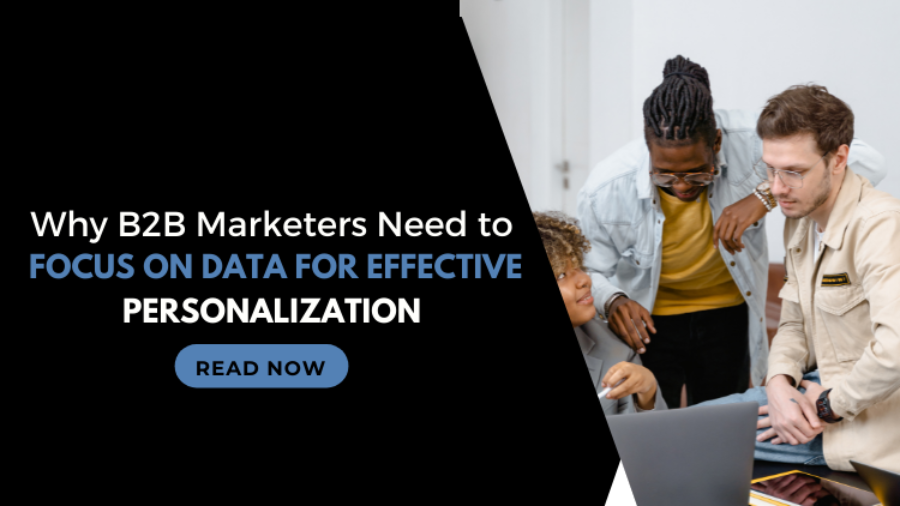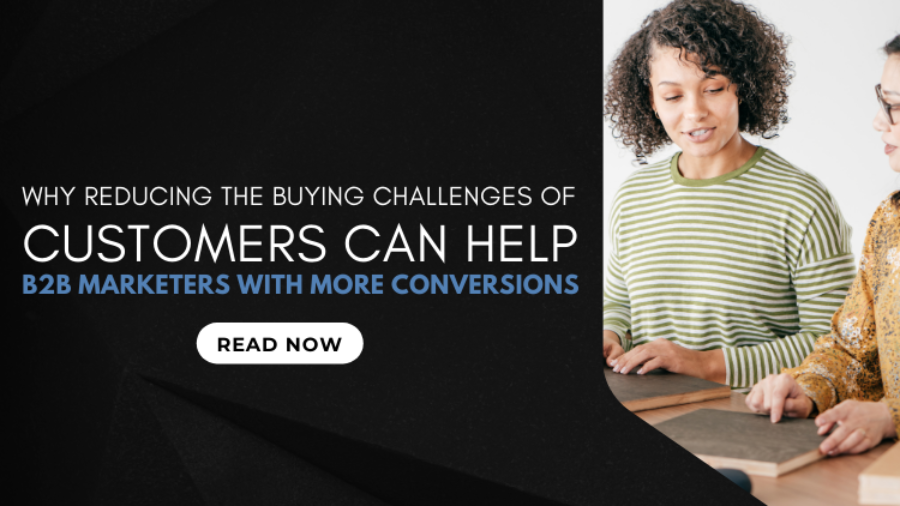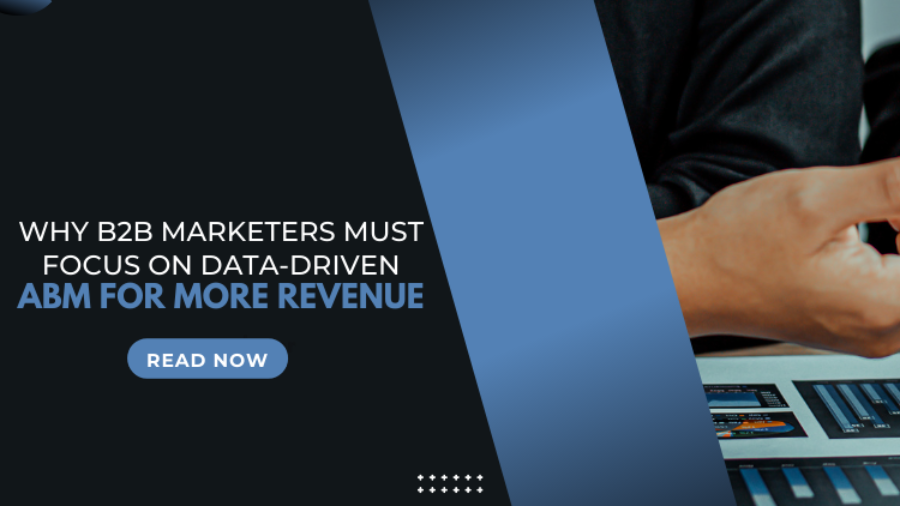ABM (Account Based Marketing) has become one of the main-stream activities of B2B. However, many marketers still want to know why they should invest in ABM and how will it benefit their business.
This blog talks about some of the top reasons as to why b2b marketers should invest in ABM.
1) Sales and marketing alignment:
One of the major reasons why you must adopt ABM is because it requires you to align sales and marketing. ABM cannot work if sales and marketing are not on the same page. It’s nearly impossible to achieve results. It’s best that sales and marketing work in collaboration to identify and nurture the high-value ABM accounts. This helps in streamlining sales and marketing for any b2b company.
2) Shortening of sales cycle:
With ABM there is no beating around the bush. Since ABM is a highly focused marketing activity, you can reduce the usual lead chasing activities and concentrate only those high-value accounts that can be easily converted. This helps to shorten the sales cycle and these leads quickly move from one stage of the funnel to another.
3) More revenue:
When you work with a targeted approach with both the sales and marketing teams aligned, the results are bound to be seen. ABM campaigns require high level expertise and resources that can focus exclusively on these accounts. This exclusivity helps to give better results and thus more conversions and revenue. ABM activity is indeed a good investment as it has high returns.
4) Exclusive account management:
In general, lead generation and conversion can get very challenging as there is tough competition in the market. Customers have plenty of choice and if marketers don’t focus on leads they might just go away to their competitors. This is where ABM becomes extremely supportive and helpful in conversions. ABM being an exclusive, high-value account activity it can help marketers to focus on specific accounts. When vendors have dedicated resources and a targeted approach they can get the desired results.
5) Effective use of data:
In ABM, b2b marketers can make use of intent data to get to know the prospect really well. Data is critical, but since ABM is a focused activity why not narrow down the data too. Intent data is predictive intelligence for any b2b marketer. Intent data will save your time and efforts by bringing you the best and the most relevant insights of the prospect or account you are targeting. It can also help you to identify the best accounts and lead to more conversions.
Conclusion:
The popularity of ABM is rising day by day and the reason being that marketers are getting incredible results out of ABM. B2B is a challenging market; hence, ABM is being embraced by marketers for its great results. Adopt ABM today or partner with an ABM expert to get started off. For more information, email us at contact@intellitechsoln.com





